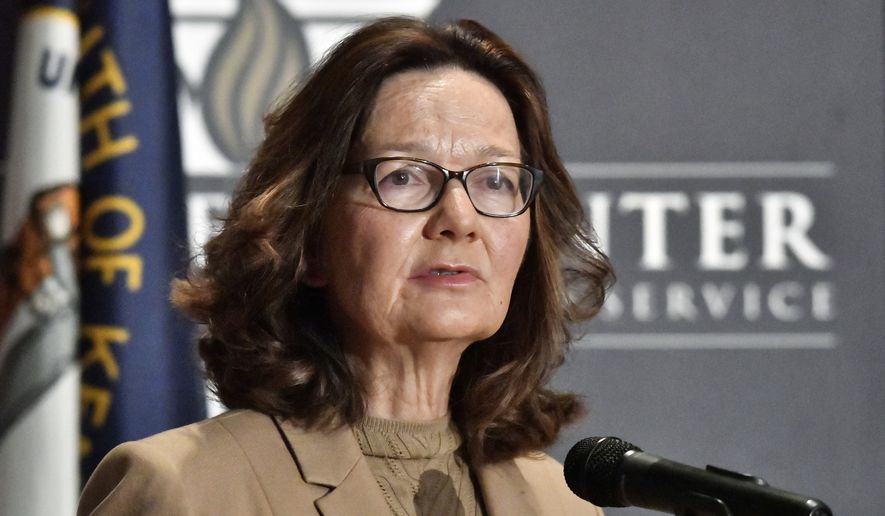OPINION:
A number of news networks faced criticism last month for running with a disputed story that the CIA had to exfiltrate a spy from Russia in part due to concerns about President Trump’s mishandling of classified information.
It might surprise readers that, as a retired CIA officer, I do not have much issue with the investigative journalists who pursued this story. My indignation is reserved for the leakers, without whose grave transgressions against our national security there would have been no story in the first place.
Before departing overseas for my first assignment as a chief of station many years ago, a veteran CIA mentor told me that “the secret of our success is the secret of our success.” We should practice the highest standards of operational tradecraft, he emphasized, to protect our sources and methods. Our morals and ethics demand that we do everything to protect the brave individuals who are taking such great risks by stealing the secrets behind enemy lines, on which our national security relies.
The CIA’s Directorate of Operations where I served, produces human intelligence (HUMINT) which forms the basis for CIA’s all-source analysis, on which the president relies to make foreign policy decisions.
As Director CIA Gina Haspel said in her May 2018 testimony, CIA officers “are our country’s silent warriors. These dedicated professionals spend much of their careers in difficult, far-flung outposts of the globe, striving to make our fellow Americans more secure at home.”
Ms. Haspel’s predecessor, John O. Brennan, was never comfortable with HUMINT. He assiduously avoided the term “espionage” and in November 2015, while serving as CIA director, told NPR, “We don’t steal secrets. We uncover. We discover. We reveal. We obtain. We solicit — all of that.”
But the CIA actually does steal secrets. That’s why the sources spying on our behalf, if they are caught in the act, face dire consequences, including execution.
Intelligence officers are entrusted to keep our sources and methods secret. And there is no statute of limitations on protecting this clandestine information. Anyone who once had privileged access to sensitive intelligence is bound to protect it, even after leaving government service.
Many of the clandestine sources whom I met delivered one critical admonition: working with CIA put their lives at risk. It was imperative for their safety that we concealed their identity. They trusted CIA tradecraft and U.S. government officials to use their intelligence with the greatest discretion.
Russian President Vladimir Putin has made it clear he does not want anyone in his coterie and intelligence services to be tempted to defect or spy for Russia’s rivals. That’s the Kremlin tried to assassinate former Russian military intelligence officer Sergey Skripal, long after he had relocated to the U.K. in a spy swap.
There is absolutely no justification under any circumstances for exposing sensitive sources and methods. Those wishing to criticize President Trump are certainly free to do so, but they should steer clear of classified intelligence as their weapon of choice. Putting intelligence through a political meat-grinder risks significant long-term harm to our nation’s security.
The CIA was created in 1947 at the dawn of the Cold War. Fresh from the lessons learned from Pearl Harbor, President Truman wanted to do everything possible to ensure we would collect intelligence on threats and eliminate them before they could be visited on our shores.
The U.S. is facing a myriad of wickedly complex national security threats. The Directorate of Operations is responsible for producing sensitive source reporting on Iran, nuclear proliferation, North Korea, Russia, China and transnational terrorism, reporting that forms the basis for the CIA’s all-source analysis.
In the wake of the stories over this alleged Russian spy, we should be asking who divulged these secrets and why. The leaker’s immoral and unethical behavior is risking our national security when we can least afford it.
• Daniel N. Hoffman is a retired clandestine services officer and former chief of station with the Central Intelligence Agency. His combined 30 years of government service included high-level overseas and domestic positions at the CIA. He has been a Fox News contributor since May 2018. Follow him on Twitter @DanielHoffmanDC.




Please read our comment policy before commenting.